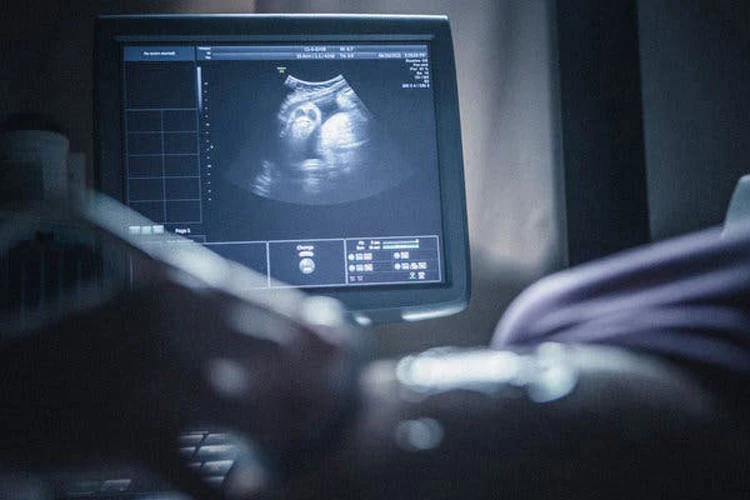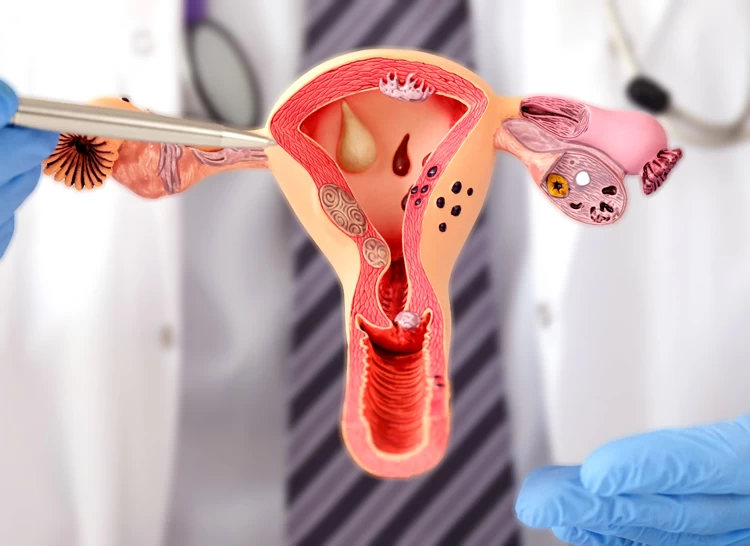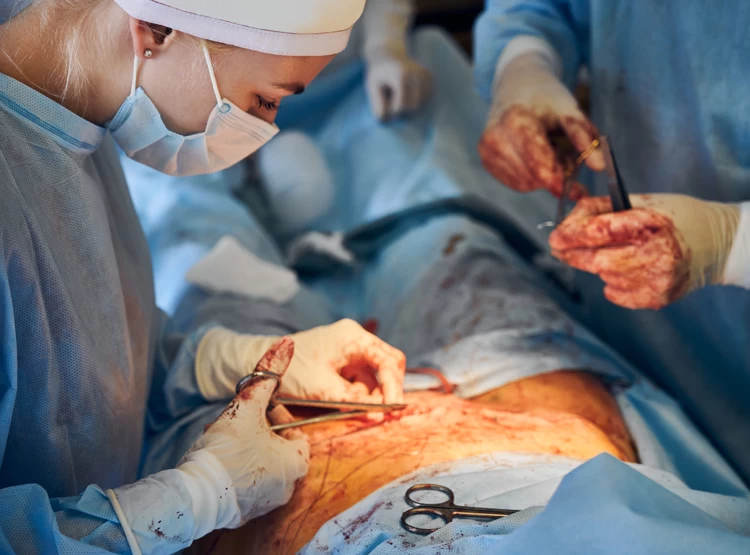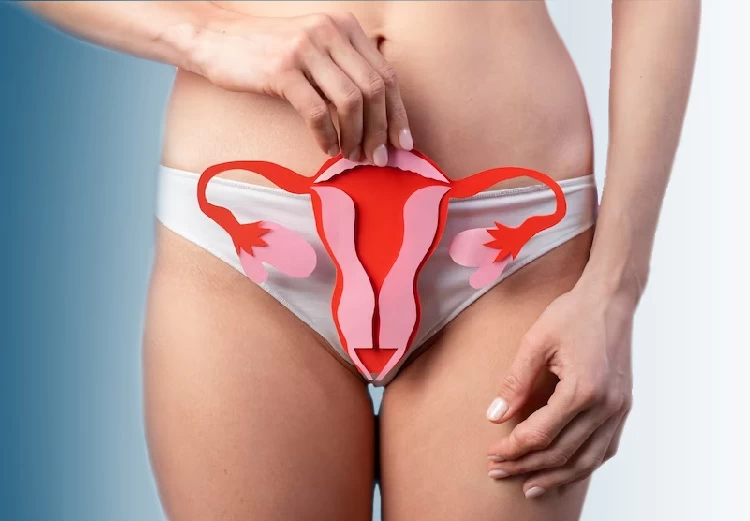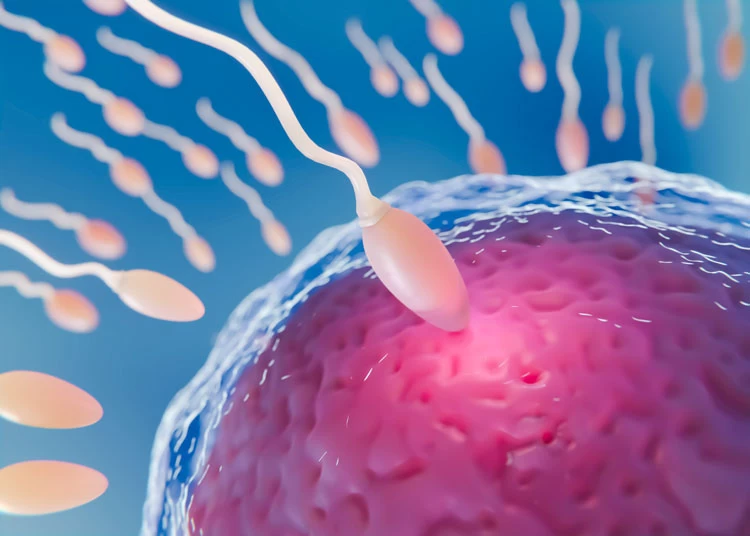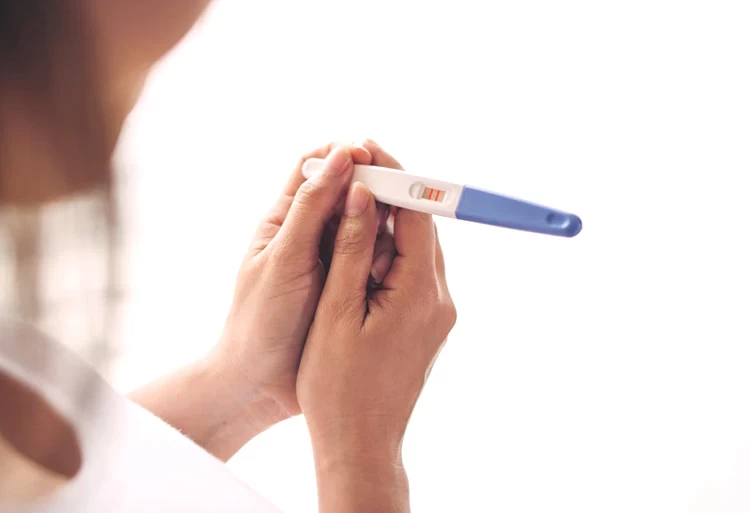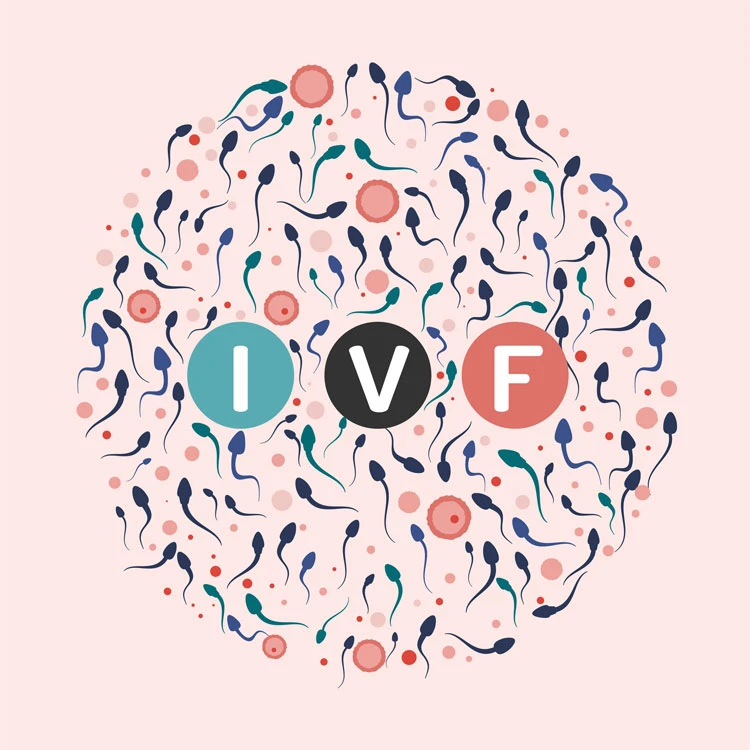Having sex before IVF is not recommended because the ovaries are enlarged and painful due to hormonal medications. The couple can have sex two weeks after embryo transfer, but they must use a condom or diaphragm.
Women with ovarian cysts are not infertile, but they may have problems conceiving naturally. Functional adenoma and dermoid cysts do not impede pregnancy; however, endometriomas -cysts caused by endometriosis- lead to infertility as they form adhesions that prevent the sperm from reaching the egg.
Micro-TESE is a sperm aspiration technique with high accuracy and success rate. In this method, the surgeon identifies bunches of sperm in testicles with high-powered microscopes and extracts them using precise surgical tools. The retrieved sperms are either used directly in assisted reproductive techniques or frozen to be utilized later.
An IVF cycle may fail because of high maternal age, low quality of sex cells and embryo, low receptivity of the uterus, endometriosis, and chromosomal abnormalities of the embryo. Also, if the mother has uncontrolled elevated blood pressure, unbalanced TSH level, or blood clotting disorders, the IVF may fail.
Hysterectomy has four types: total, partial, radical, and total, with bilateral salpingo-oophorectomy. Based on the type and severity of her health issue, the surgeon decides to perform this operation either vaginally, laparoscopically, or abdominally. Most patients experience pain, fatigue, bleeding and spotting, digestive problems, menopause symptoms, and mild depression after hysterectomy.
Whether ovulation is done naturally or with medication, it has some common symptoms like mood swings, mucus changes, spotting, bloating, breast tenderness, changes in sex drive, and mild pelvic pain. Ovulation may take 12 to 48 hours, but you can try conceiving for up to 10 days after it happens.
The first symptoms of implantation are nausea, light spotting, mild cramping, and food craving. Remember that implantation spotting differs from period to period in terms of color, amount, duration, and other factors. Implantation bleeding usually takes a couple of days, and its color is pink or brown. Also, its amount is so small that you don’t need a maxi pad.
Having a healthy uterus is an important factor in the development of a fetus as it nourishes the baby and keeps it from harmful waste. To make your womb healthy before pregnancy, it is necessary to exercise regularly, control your weight, get checkups frequently, and have your medications adjusted.
IVF is the most popular type of assisted reproductive technology, which involves seven steps in total, from taking hormone medications to preparing the womb for carrying the baby to the embryo transfer procedure.
In a testicular biopsy, the doctor gets a sample from the testicle and retrieves sperm from it. The sperms are then examined in a laboratory, and the healthy ones are used in IVF. Four types of testicular biopsy are done for men with fertility problems: PESA, TESE, TESA, MESA.
